#FOMO
Ever thought about who invented FOMO? Personally, I never really did. It just wasn’t a thing and then it was a thing and I never really questioned it. Kind of assumed it was some trendy teenager that came up with the term. But it wasn’t. The term FOMO (Fear Of Missing Out) was invented by Harvard MBA graduate Patrick J. McGinnisto to assist in business decision making (man did that intention go awry).
Questions…
Ever wonder what was there before #FOMO?
Was there anything?
Were we missing out on things as much before?
Were we having this same fear before someone hash tagged it?
I spent some time thinking about and researching this and it’s apparent that humans held a fear of missing out well before the digital age. So, I spent some more time placing a name to it, and honestly FOMO at its core is ANXIETY. If you are someone who resonates with FOMO (often says it, posts it, thinks it…) but are having a hard time aligning with anxiety --- and are like “I’m not anxious, my mom is anxious, no, no you don’t know what you are talking about” (ding ding ding- your probably anxious and now maybe even a little more anxious because I’m telling you that your anxious). But it’s okay, you are not alone. Anxiety is a natural response to being a human and interacting with others and there are steps you can take to assist you in lowering your anxiety (aka FOMO) levels.
Let’s take a look at the symptoms of both and see if there are any similarities…
ANXIETY
Physical
Stomach ache
Sleep issues
Increased heart rate
Dizziness…
Mental
Feeling like your going crazy
Fear of impending doom
FOMO
Physical
Stress eating
Salvation
Obsessive behaviors (refreshing Snap Chat one million time in a minute to see if there is a new post)
Sweating…
Mental
Feeling like your temporary going insane
Panic…
See the similarities? Okay, so now what…
Admit and Accept
Step 1: Repeat after me. “I mentally cannot handle the pressure and physically cannot be everywhere at all times, looking my best, and doing the coolest things all the time, and THAT IS OKAY.”
Step 2: Repeat.
Step 3: Repeat again and again and again some more.
During this phase you will feel like a secret has been unleashed and that a burden has been lifted off your shoulders. Being able to admit and accept that you are experiencing social anxiety and acknowledging your insecurities will assist you in learning how to tackle the problem.
Limit your activity
If you can, turn off your phone for an hour, several hours, a day even. Re-create the ways you start your mornings, or a different way to deal with down time without having your phone glued to your hands.
But I get it, our phones house vital information for our day to day lives and they can’t exactly be turned off for extended periods of time. So, maybe just limit your activity throughout the day. Be intentional about the times you check social media. For example: you ride public transport to work for 40 minutes each day, so this is now your designated time to check social media. Just try it (for at least a week). Find a time of day that works for you and only look at your social media accounts then and see how you feel.
Practice mindfulness
I know, I know welcome to another blog that preaches about mindfulness. Gets old after a while, huh? BUT THERE IS A REASON EVERYONE IS TALKING ABOUT IT.
Mindfulness is a therapeutic technique that refers to a nonjudgmental observation or awareness that is focused on the present experience. It has been proven to reduce rumination, stress and emotional reactivity and boost the working memory, focus and relationship satisfaction. Some simple ways to tap into mindfulness today are: body scans, guided meditations, or an app.
These above-mentioned steps on how to conquer your #FOMO will help you enjoy what you are doing in the here and now, and not be hyper focused on what else you could be doing.
Written by: Shannon Gonter, LPCC, NCC
Shannon Gonter, Professional Counselor in Louisville, KY
I specialize in working with men and young adults. I am passionate about my career and want to work with you to create positive change. I also strive to create a counseling environment where men and young adults can relate, feel heard, and find new solutions to their negative patterns. Some issues that I most commonly work with are stress, relationship issues, difficulty saying “no” to others, difficulties recognizing emotions and emotionally connecting to others, anger, and intimacy issues, among others.
The information and resources contained on this website are for informational purposes only and are not intended to assess, diagnose, or treat any medical and/or mental health disease or condition. The use of this website does not imply nor establish any type of therapist-client relationship. Furthermore, the information obtained from this site should not be considered a substitute for a thorough medical and/or mental health evaluation by an appropriately credentialed and licensed professional.




